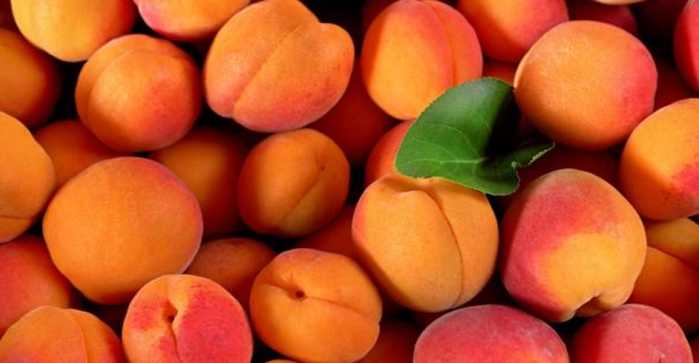Chilean peaches and apricots gain access to China
Ties between Chile and China are strengthening, as testified by the news that China has granted access to Chilean peaches and apricots after the signing of a protocol in Beijing on 17 October. The protocol was one of a series of agriculture agreements signed by the two nations after a meeting between Chilean president Gabriel Boric and his Chinese counterpart Xi Jinping during Boric’s visit to China to attend the Belt and Road Forum.
Market access for peaches and apricots is expected to generate new opportunities for Chilean stone fruit producers and exporters given the strong demand for the category in China, according to a statement from the Chilean Ministry of Agriculture.
Chilean agriculture minister Eseteban Valenzuela hailed the new protocol, highlighting the benefits to particular growing regions where production of peaches and apricots is concentrated.
“We’re delighted that peaches from Central Chile and apricots, which are such an important crop in Valparaíso and the Coquimbo region, especially the province of Choapa, among other areas, will be part of Chilean fruit supply to China,” he said.
Before exports can commence, inspectors from China’s Animal and Plant Quarantine Department must conduct a technical visit to Chile to audit operations. Chinese quarantine officials are scheduled to visit Chile in November, and exports will begin once the audit is approved, with the industry expecting to commence shipments this season.
Chile exported 270,000 tons of stonefruit in 2022, with plums making up the largest category by volume (59%), followed by nectarines (31 per cent), peaches (10%) and apricots (0.38%). China was the main destination, receiving 134,000 tons (50% of total exports), followed by the US with 52,000 tons (19%).
What’s more, China and Chile also signed three Memorandum of Understanding (MoU) agreements covering phytosanitary certification, organic food certification and the development of a Chinese demonstration farm in Chile. The MoU on phytosanitary certification is focused on moving towards an electronic, paperless certification system for agricultural products, which is expected to modernise the export process, providing greater security and agility in bilateral trade. The organic food certification MoU is designed to facilitate bilateral trade in organic produce where the organic certification standards of both countries are recognised. The MoU for the development of a Chinese demonstration farm in Chile envisions the set-up of a Chinese-Chilean agrifood innovation and technology transfer centre that promotes sustainable agriculture.



